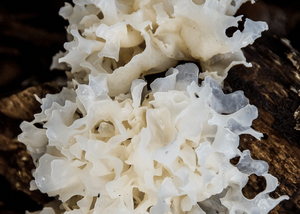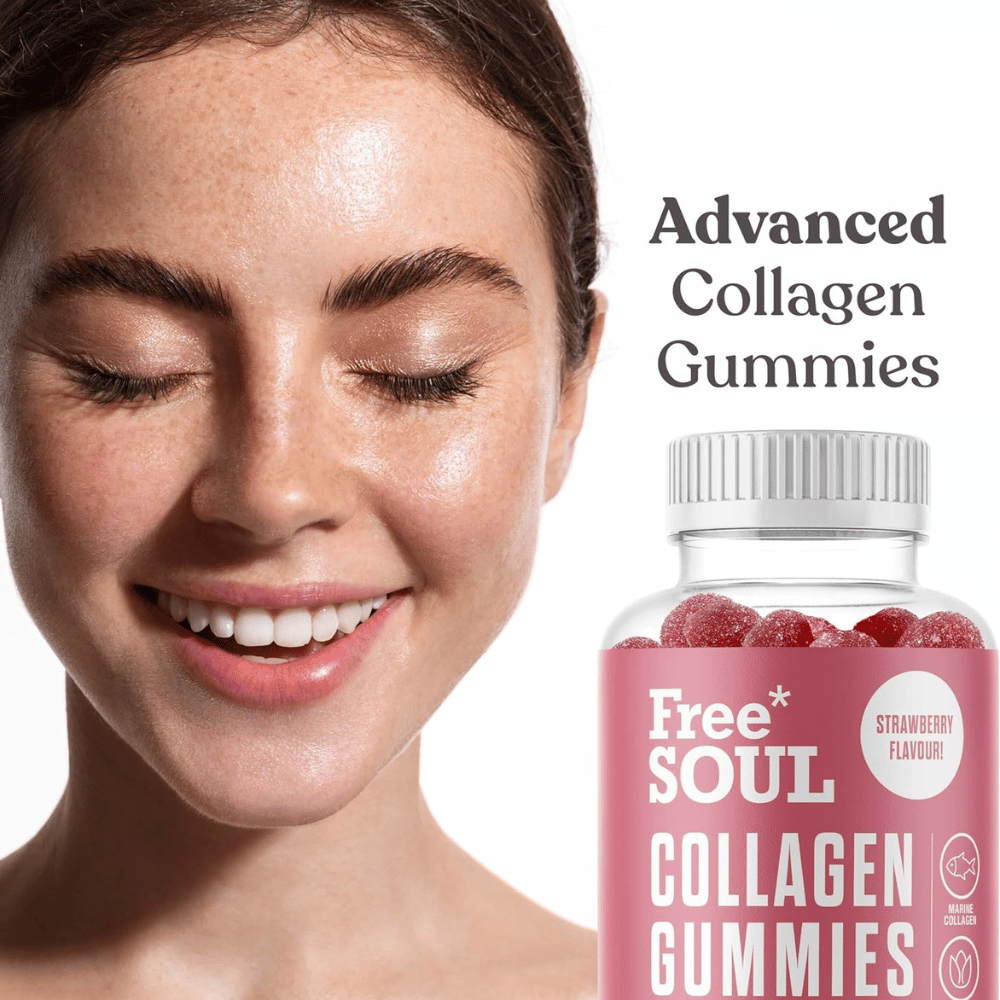As parents, we want to give our children the best start in life. We do all we can to provide them with the proper nutrition, care, and love. One of the most common recommendations for infants is to take vitamin D drops.
But is it really necessary? In this blog post, we’ll take a closer look at the role of vitamin D in infants’ health, how they get it, and whether or not supplementation is needed.
Vitamin D is essential for strong bones and teeth, and it helps the body absorb calcium. It also plays a role in the immune system, nerve function, and muscle movement.
Humans can synthesise vitamin D from exposure to sunlight. However, infants are at risk of not getting enough vitamin D because they are not recommended to have direct sunlight exposure until they are six months old. Breastmilk also provides some vitamin D, but the amount varies depending on the mother’s vitamin D status.
The American Academy of Paediatrics (AAP) recommends that all infants receive 400 IU of vitamin D daily beginning in the first few days of life. This is true for both exclusively breastfed and formula-fed infants.
The AAP also recommends that children who don’t get enough vitamin D from their diet or exposure to sunlight take a supplement until they reach adolescence.
While some studies have shown that not all infants have low levels of vitamin D, it’s difficult to accurately measure their status. Additionally, studies have shown that vitamin D supplementation is safe and effective at preventing deficiencies. Infants who don’t get enough vitamin D are at risk of developing rickets, a disorder that softens and weakens bones.
Giving your newborn vitamin D drops can seem daunting, but it’s actually quite simple. Many paediatricians recommend using liquid vitamin D drops, which can be mixed in with breast milk or formula. It’s important to follow the instructions on the package and talk to your paediatrician if you have any questions or concerns.
In conclusion, vitamin D is an important nutrient that young infants need for proper growth and development. While the amount of vitamin D in breast milk is variable, and sunlight exposure is not recommended for infants, the AAP recommends vitamin D supplementation for all infants.
Research shows that supplementation with a daily dose of 400 IU is safe and effective for preventing deficiencies. As always, talk to your paediatrician to address any questions, concerns, or specific needs your baby may have.
By providing your newborn with vitamin D drops, you can help provide them with the building blocks they need for a healthy and happy life.













Member discussion